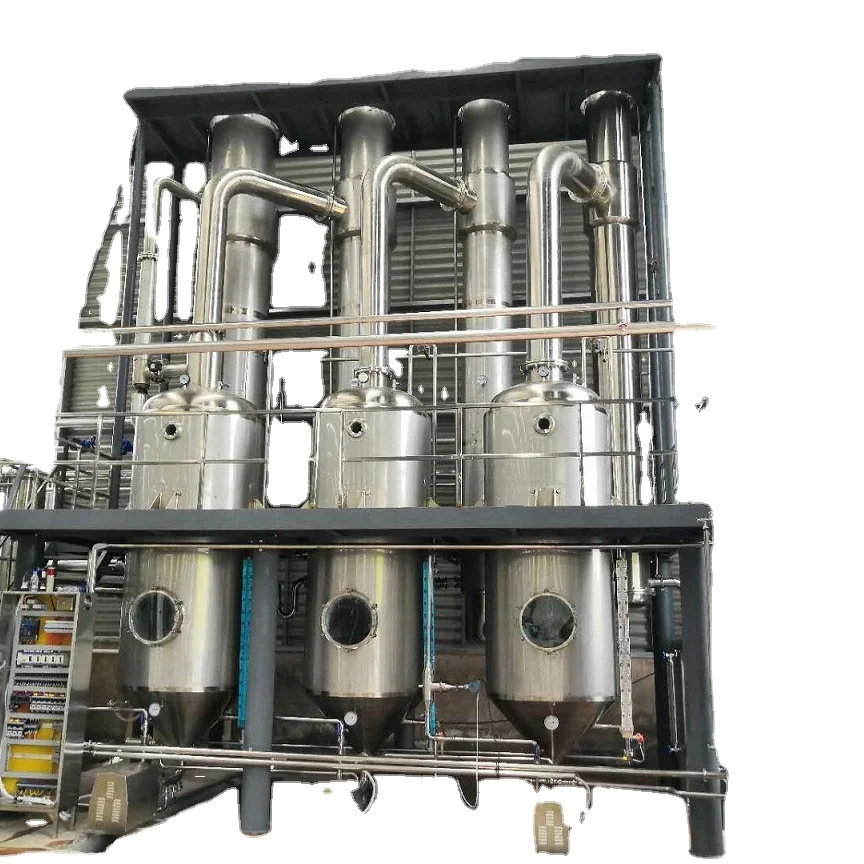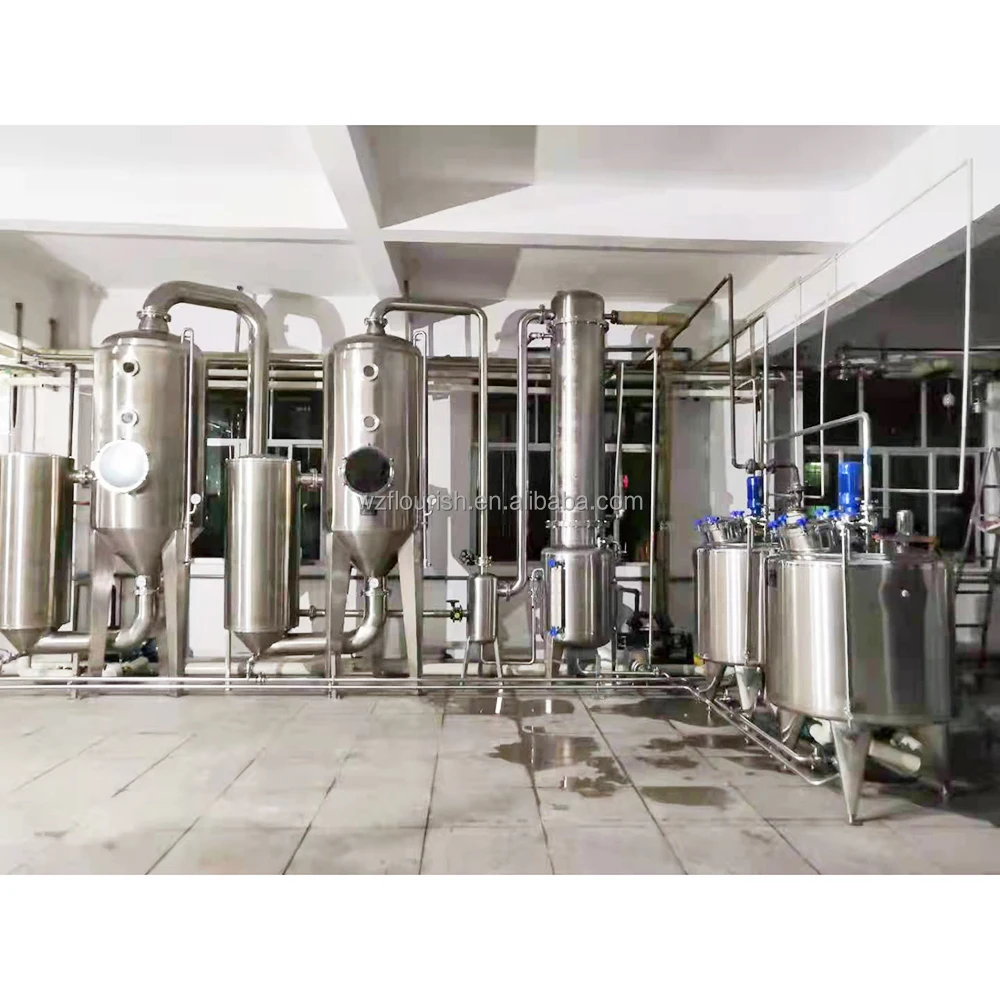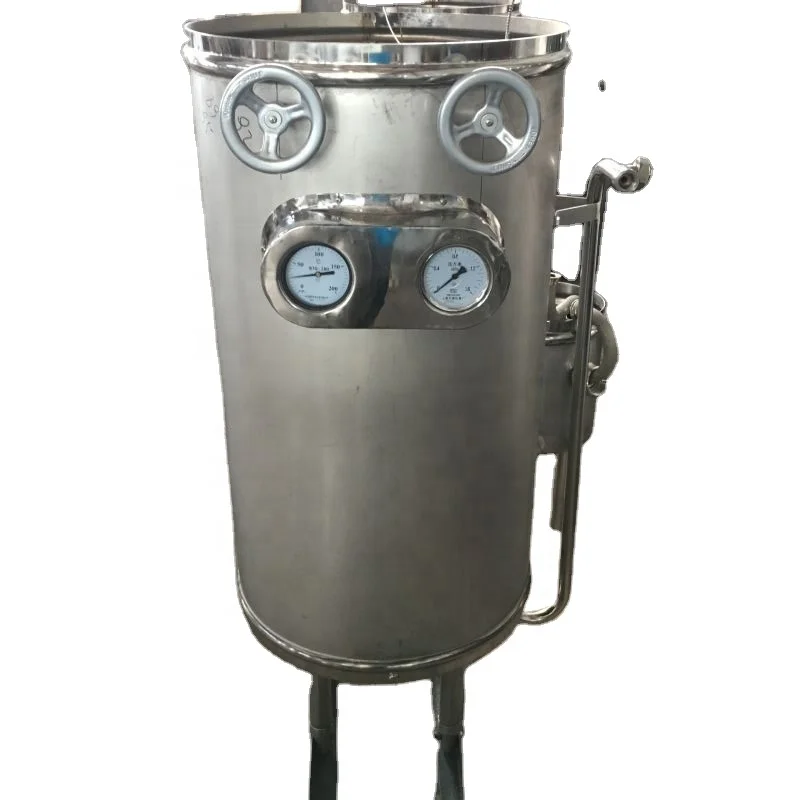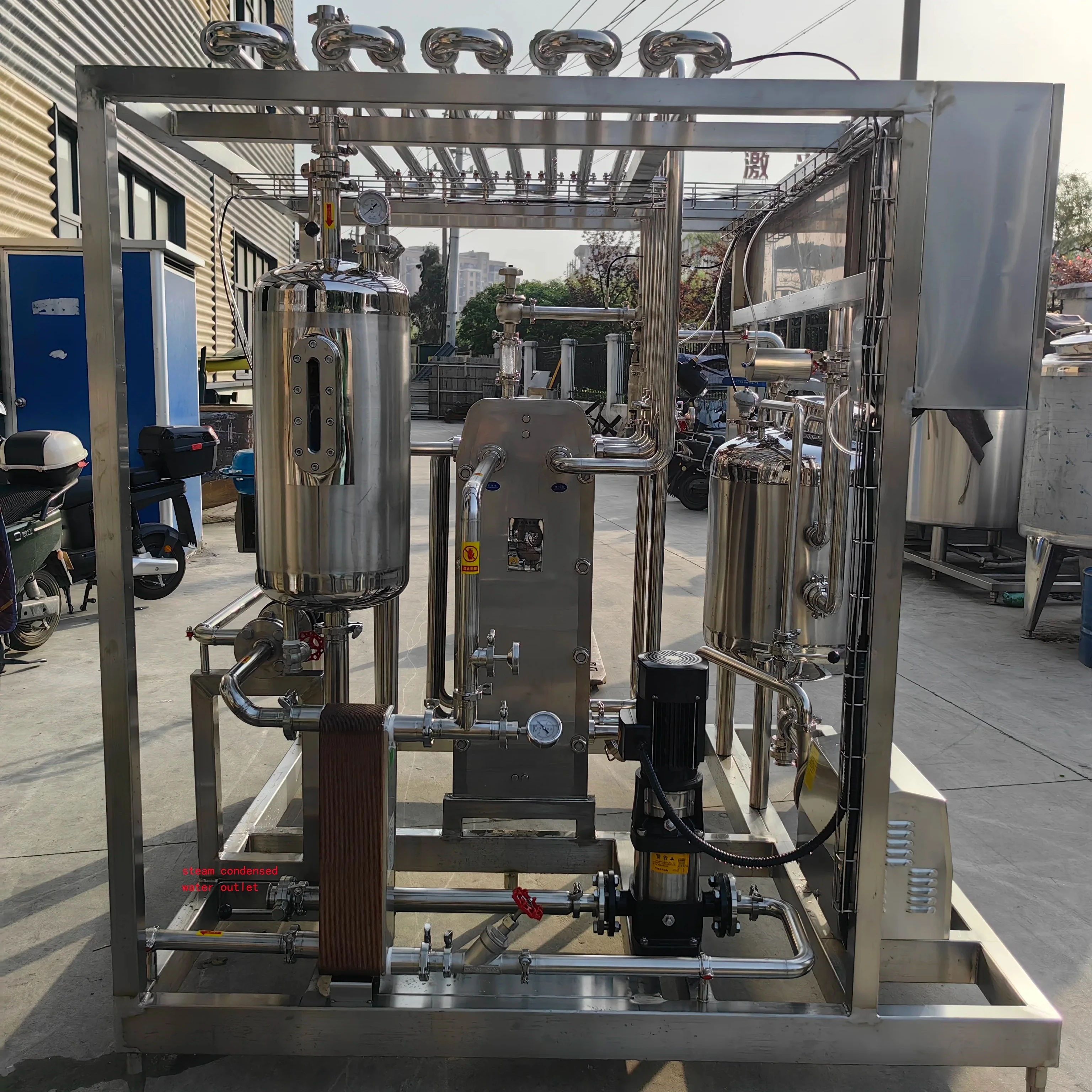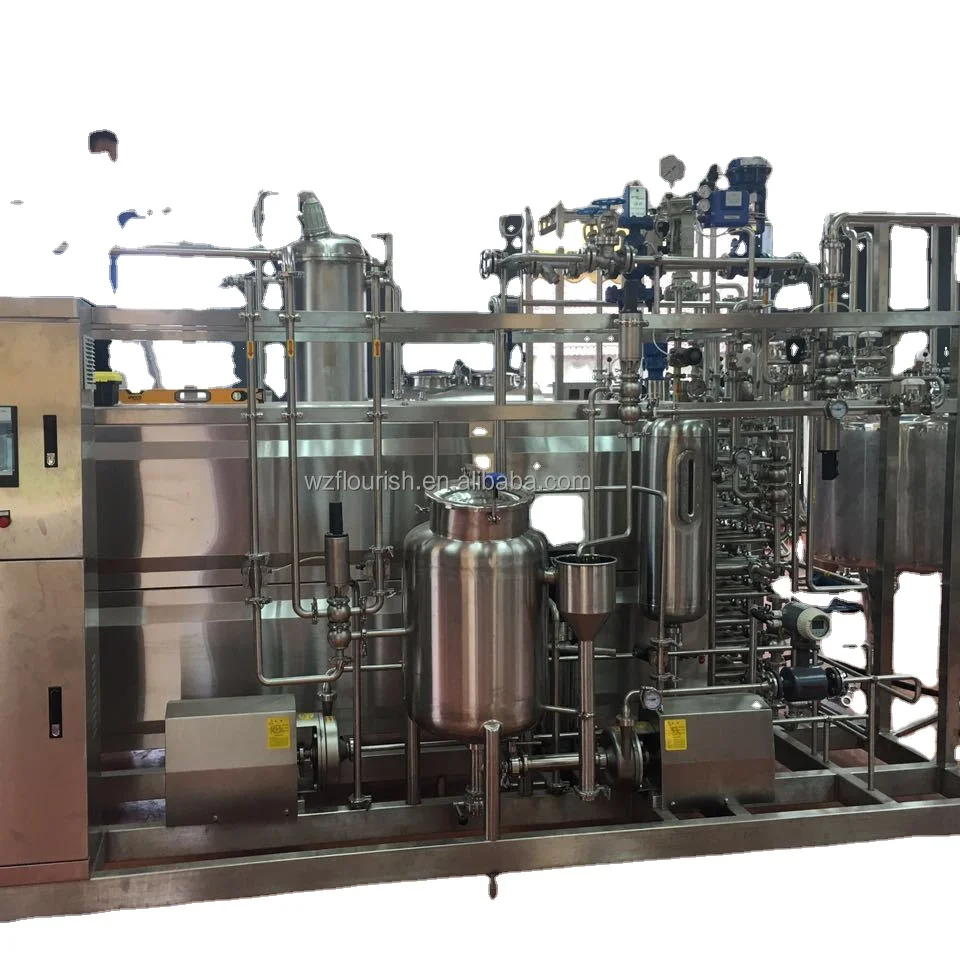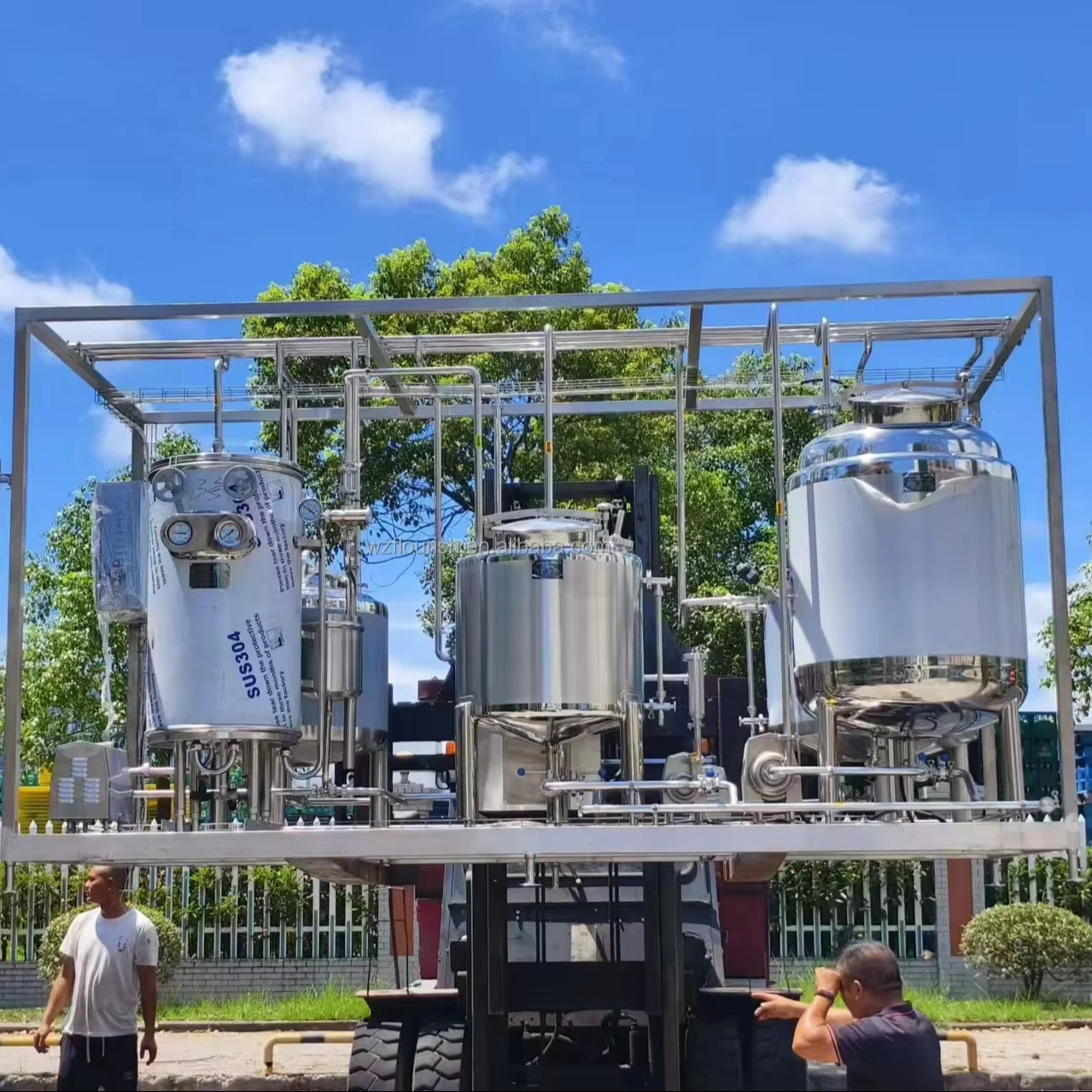ABOUT
Wenzhou Vince Machinery Science Co., Ltd. was established in early 1980s. Our company covers an area of 6500 square meters and is an independent legal representative firm, possessing rich economic technology strength. Our company is a high tech enterprise and plays an important role in national dairy, foodstuff, pharmacy and machinery industries. We are a beverage machinery supplier.
Since the establishment, our company has mainly engaged in dairy products, foodstuff, beverage machinery, bean products, yellow wine, medicines and fermentation projects. What's more, our company supplies a complete sequence services in manufacturing, installation, test and personnel train, as well as the whole direction service design and consulting service on product project construction or enlargement artistic distribution engineering sets budget.
PRODUCTS
Industrial Stainless Steel Agitator Tank
Construction and Materials
The foundation of an industrial stainless steel agitator tank lies in its robust construction. Typically constructed from high-grade stainless steel, such as 304 or 316L, these tanks are designed to withstand harsh chemicals, high temperatures, and pressures, ensuring longevity and preventing corrosion. The choice of specific grade depends on the application; for example, 316L offers superior resistance to chloride-induced corrosion, making it ideal for pharmaceutical or marine applications. The tank's walls are usually reinforced for added durability, especially in larger models designed to handle substantial volumes and pressures. Seamless welds are often employed to eliminate potential weak points and maintain a sanitary interior.
Beyond the tank itself, the design incorporates various components designed to enhance mixing efficiency. These include reinforced nozzles for inlets and outlets, allowing for controlled introduction and removal of materials. Cleaning ports and sight glasses are often included to facilitate inspection and maintenance, critical elements for maintaining sanitary conditions and preventing contamination.
Agitator Design and Functionality
The agitator is the heart of the system, responsible for the thorough mixing of the contents. Various agitator designs cater to different mixing needs, from simple impellers for relatively low-viscosity liquids to more complex designs, such as anchor agitators or helical ribbon impellers, for highly viscous materials. The selection of the appropriate agitator depends heavily on the rheological properties of the material being processed. Factors such as viscosity, density, and the presence of solids influence the choice of impeller type, speed, and placement within the tank.
The speed and power of the agitator motor are crucial factors in achieving effective mixing. Variable speed drives (VSDs) are often incorporated to allow for precise control and optimization of the mixing process, ensuring consistent product quality. The motor is carefully chosen to handle the torque requirements of the chosen impeller design and the viscosity of the fluids being processed. Efficient motor selection minimizes energy consumption and wear and tear.
Applications and Industries
The versatility of industrial stainless steel agitator tanks makes them adaptable to a wide array of applications. In the food and beverage industry, they are used for mixing ingredients, preparing sauces, and fermenting products. Pharmaceutical companies utilize them for blending ingredients, preparing solutions, and mixing suspensions. In chemical manufacturing, these tanks are crucial for reaction processes, blending chemicals, and producing homogenous solutions. Wastewater treatment plants employ them for mixing chemicals and facilitating biological processes.
The choice of tank size and configuration is dictated by the specific application. Small-scale units are suitable for laboratory use and pilot plant studies, while large-capacity tanks are needed for high-volume production. Custom designs are also available to accommodate specific process requirements, such as specialized heating or cooling jackets for temperature control, or vacuum capabilities for degassing applications.
Maintenance and Safety
Regular maintenance is essential to ensure the long-term performance and safety of the equipment. This includes regular inspections for corrosion, leaks, and wear and tear. Cleaning procedures should follow strict sanitary guidelines, especially in industries with stringent hygiene requirements. The use of appropriate cleaning agents and sterilization methods is crucial to prevent contamination and maintain product quality. Proper safety protocols, such as lockout/tagout procedures during maintenance, are paramount to protect personnel from potential hazards.
In conclusion, industrial stainless steel agitator tanks represent a critical component in numerous industrial processes. Their durability, adaptability, and efficiency make them indispensable for industries demanding precise mixing and blending capabilities. A comprehensive understanding of their design, functionality, and maintenance requirements is essential for maximizing their effectiveness and ensuring both product quality and operator safety.
SUBSCRIBE
INQUIRY

